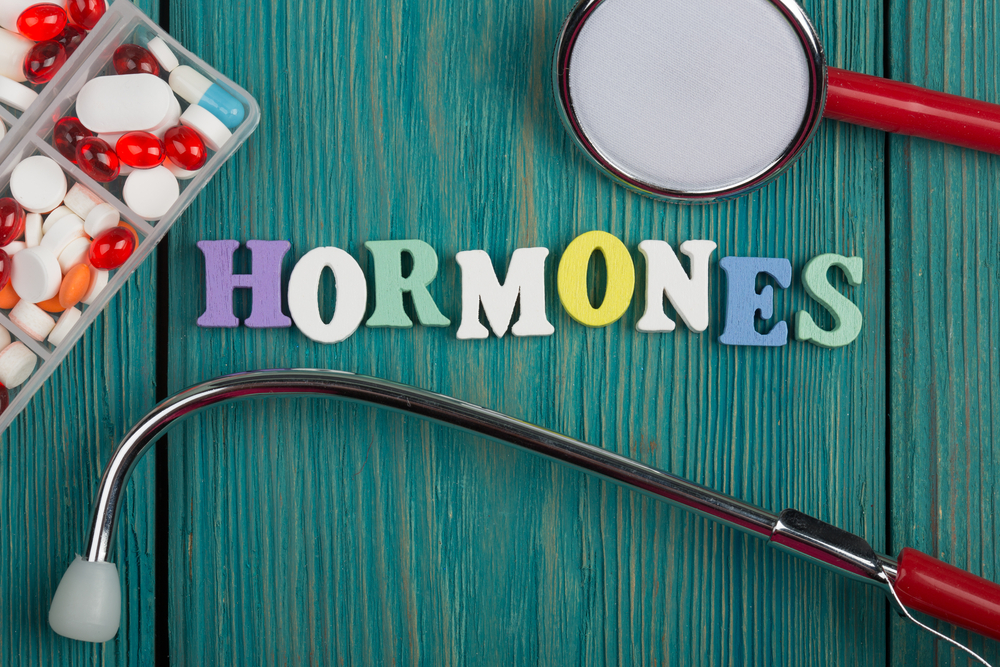Hormones are chemicals produced by the body. These chemical messengers help organs, tissues, and cells communicate within the body.
Hormones are released directly into the bloodstream by organs known as endocrine glands. It circulates through the body until they make contact with their target areas.
Some of the activities of hormones include:
- Prompting Cell or Tissue Growth and Development
- Helping with Food Metabolism
- Initiating and Maintaining Sexual Development and Reproduction
- Maintaining Body Temperature
- Controlling Thirst
- Regulating Mood and Cognitive Functioning
Hormones are extremely powerful chemicals — very small amounts can have major effects on the body.


